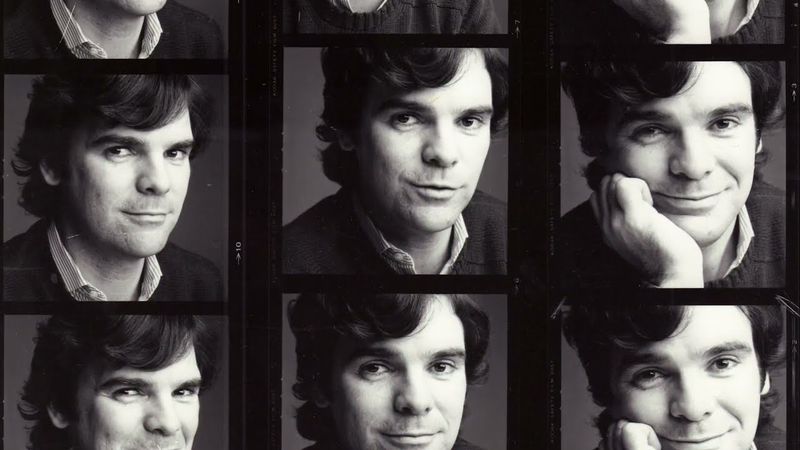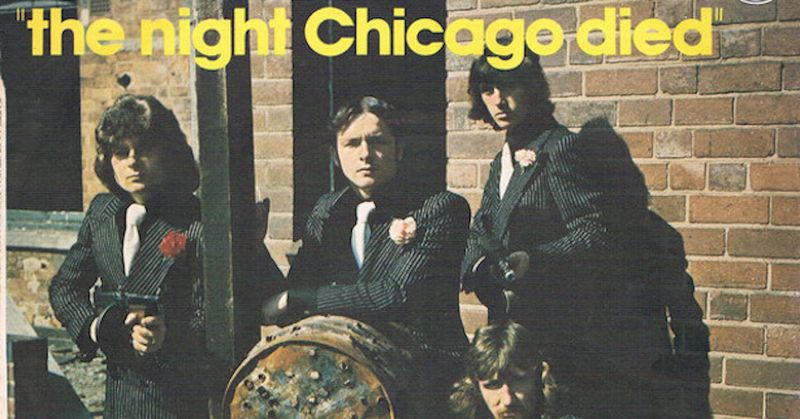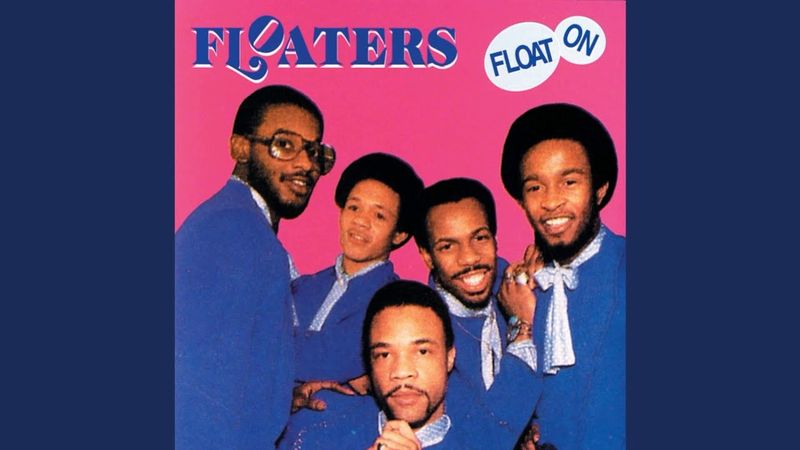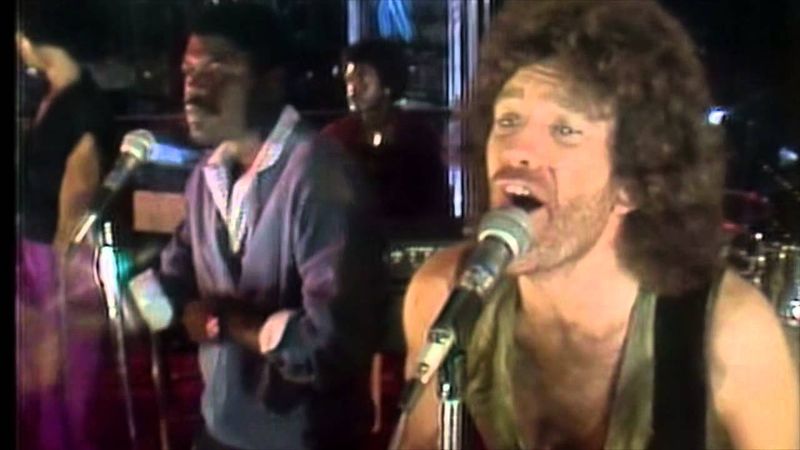The 1970s music scene gave us lasting classics alongside baffling chart-toppers that somehow captured lightning in a bottle—once. Some songs rocketed to fame despite being forgettable, bizarre, or just plain bad. While many one-hit wonders deserve their place in music history, these seven tracks from the disco decade achieved unwarranted success before disappearing back into obscurity.
1. Mike Oldfield’s Exorcist-Fueled Fame
“Tubular Bells” rode to success on demonic coattails. This 48-minute instrumental composition gained fame solely because it appeared in the horror film The Exorcist, not because of its musical merits. The repetitive, meandering piece quickly becomes tedious, with critics rightfully labeling it “excessively boring.” Even Oldfield himself seemed shocked by its commercial triumph. Without the movie connection, this drawn-out composition would likely have remained in obscurity where it belonged. Its success represents marketing power over musical quality—a perfect example of undeserved one-hit wonder status.
2. Larry Groce’s Health Food Mockery
Remember when making fun of healthy eating was comedy gold? “Junk Food Junkie” did exactly that, mocking health-conscious folks while celebrating processed snacks. The 1975 novelty hit hasn’t aged well. Groce’s grammatically challenged lyrics like “White sugar don’t touch my lips/And my friends is always begging me…” make English teachers everywhere cringe. The song’s humor falls completely flat today. What’s most puzzling is how this clumsy composition managed to reach #9 on Billboard’s charts. Its success proves that sometimes, all it takes is a gimmicky concept to create a hit—regardless of actual quality.
3. Smokie’s Creepy Neighbor Anthem
“Living Next Door to Alice” features a protagonist who’s been obsessively pining after his neighbor for 24 years—stalker behavior disguised as romance. The British band Smokie didn’t even write this questionable track; they merely covered an already mediocre song. The mind-numbing chorus repeats the title phrase ad nauseam. Its lack of substance became so obvious that a later parody version adding “Who the f*** is Alice?” actually improved upon the original. Despite its problematic storyline and musical blandness, the song somehow reached #3 on UK charts. Proof that sometimes, the most undeserving songs can become inexplicable hits.
4. Paper Lace’s Geographically Challenged Chicago Tale
British band Paper Lace clearly never visited Chicago before writing a song about it. Their fictional gangland ballad “The Night Chicago Died” describes a massive shootout between Al Capone’s gang and the police—an event that never happened. The geographical blunders are particularly embarrassing. The lyrics reference “East Chicago,” which would place the action in Lake Michigan! Their attempt at American historical drama resulted in unintentional comedy. Did you know? The band also wrote “Billy, Don’t Be a Hero,” but Bo Donaldson and the Heywoods’ cover version became the bigger hit in America. Paper Lace’s brief fame represents style over substance and fiction over fact.
5. The Floaters’ Zodiac Dating Profile
Before Tinder, there was “Float On”—essentially four men reciting their zodiac signs and dating preferences over a plodding R&B backdrop. The Detroit group’s 1977 hit sounds like the world’s first audio dating profile. “Take my hand, come with me, baby, to Love Land” croons one member in a line that would make modern listeners cringe. Each verse follows the same tedious formula: name, sign, likes, invitation. The gimmick wears thin faster than polyester in summer heat. While smooth for its era, the song lacks staying power beyond its novelty factor, proving that sometimes a clever hook is all you need for fleeting fame—regardless of musical substance.
6. Randy VanWarmer’s Whiny Breakup Lament
The late 70s soft rock scene gifted us this painfully generic breakup ballad that somehow charted. “Just When I Needed You Most” wallows in self-pity without offering anything musically interesting to justify its success. VanWarmer’s lyrics read like a teenager’s first heartbreak poem: “I’ve written you letters that I’d like to send/If you would just send one to me.” The song’s arrangement is equally uninspired—a bland, by-the-numbers soft rock production. What’s truly baffling is how this forgettable track reached #4 on Billboard’s Hot 100 in 1979. Its success represents the decade’s occasional preference for saccharine sentiment over musical innovation or emotional authenticity.
7. Niteflyte’s Soulless R&B Attempt
Attempting to capture Al Green’s magic without any of his soul, Niteflyte created a thoroughly forgettable track in “If You Want It.” The 1979 song embodies everything wrong with overproduced, committee-designed R&B. Critics rightly called it “saccharine” and “mediocre.” The song’s clinical production strips away any genuine emotion, leaving behind only a hollow imitation of better soul music from the era. Its brief chart success remains a mystery to music historians. The group vanished as quickly as they appeared, making them the quintessential one-hit wonder that absolutely didn’t deserve even that single hit. Sometimes, timing and marketing triumph over actual musical merit.







